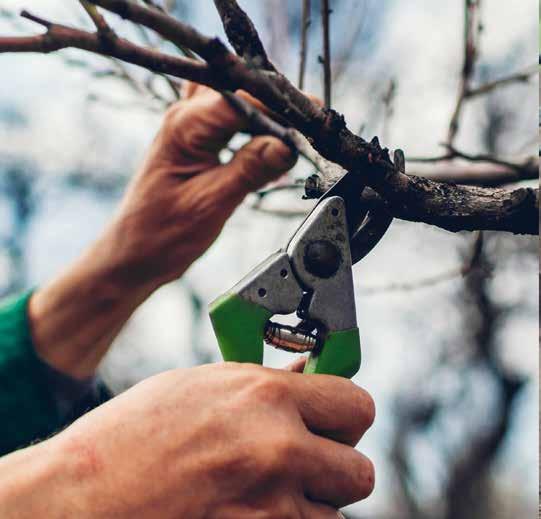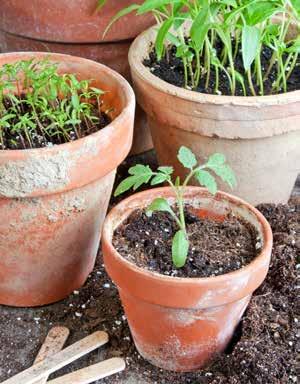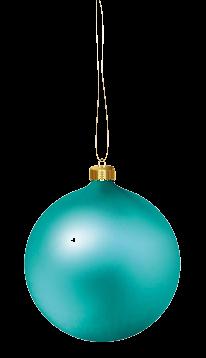
3 minute read
Garden jobs for the winter
SHARPEN UP FOR SPRING
It may be cold outside but that doesn’t mean the garden comes to a standstill in the depths of winter
Advertisement
The days may be short but the ‘to do’ list remains long. December can be a quiet month in the garden as far as routine work is concerned, so now is the time to lay the groundwork for the spring.
In that respect, the most important thing you should do is to make sure any pruning is completed early in the month, providing the opportunity to make the most of miserable, gloomy dank days to take up residence in the shed to clean, grease and maintain your tree loppers, shears and lawn edgers.
Obviously, the most important tool at your disposal is the lawn mower and now your manicured green sward is largely dormant - unless we have a temperate winter - it is time to get blades sharpened and, particularly if you have a petrol model, thoroughly serviced and the oil changed.
It will also make sure you don’t put your shoulder out trying to start up if another unseasonal mild spell means the grass needs some early attention in the new year. Remember, grass will continue to grow in temperatures above 5degreesC so a light trim three to five millimetres higher than usual will help to avoid turf stress.
In terms of pruning, overgrown apple and pear trees can be cut back while ornamental trees such as acers and birches, as well as vines, need to be trimmed before Christmas to avoid ‘bleeding’. And if you have any deciduous trees and shrubs that need to be planted or moved, they can still go in as long as there is no frost in the ground.
For vegetable gardeners now is the time to harvest leeks, parsnips, winter cabbage and sprouts - particularly once they have got the first sharp frost in them – and the remaining root crops you planted.
And, really, apart from that it’s all about common-sense maintenance and

ensuring delicate plants are protected against sub-zero temperatures.
Fallen leaves should be cleared from lawns as they will block what light there is, as well as moisture reaching the roots. However, if you have a rotary mower put it on the highest setting and shred the leaves into small pieces, creating a great soil conditioner. Any leftovers can be spread as mulch around plants and flower beds, providing a barrier against the cold as well as well as providing muchneeded nutrients.
It is always worthwhile checking gutters as leaves will cause damaging blockages while ponds could also become clogged if late autumnal falls settle and congeal, particularly if your prized water feature ices over after a series of freezing nights. Obviously, a pond heater will help prevent ice forming, but if it does a hot pan will create a hole large enough to allow oxygen through.
A football left on the surface will also delay freezing – as will a fountain or ornamental waterfalls - but remember, if there are fish in the pond do not smash the ice as the shock waves can be harmful. And if you are considering turning off your water feature, remember to insulate it, and that goes for outdoor taps too.
Of course, once Christmas is out of the way, January ushers in a new growing year and, although daylight hours are still at a premium, there is much to look forward too and plans to be made. Now’s the time to order your seeds for the spring as well as plan your vegetable crop rotations for the coming season.

Outside, top up your garden mulch by shredding your Christmas tree and, while you are spreading, disperse worm casts from the lawn and check if the branches of any delicate trees have been damaged during a heavy snowfall or violent storms.
Also give your pots a clean ready for spring planting, and the same goes for greenhouses, ensuring good light penetration and paying attention to any insulation to make sure it is still secure.
But, above all, keep bird feeders topped up. January can be a particularly brutal month for wildlife and your garden visitors will need all the help they can get, not only with feed but water too.











